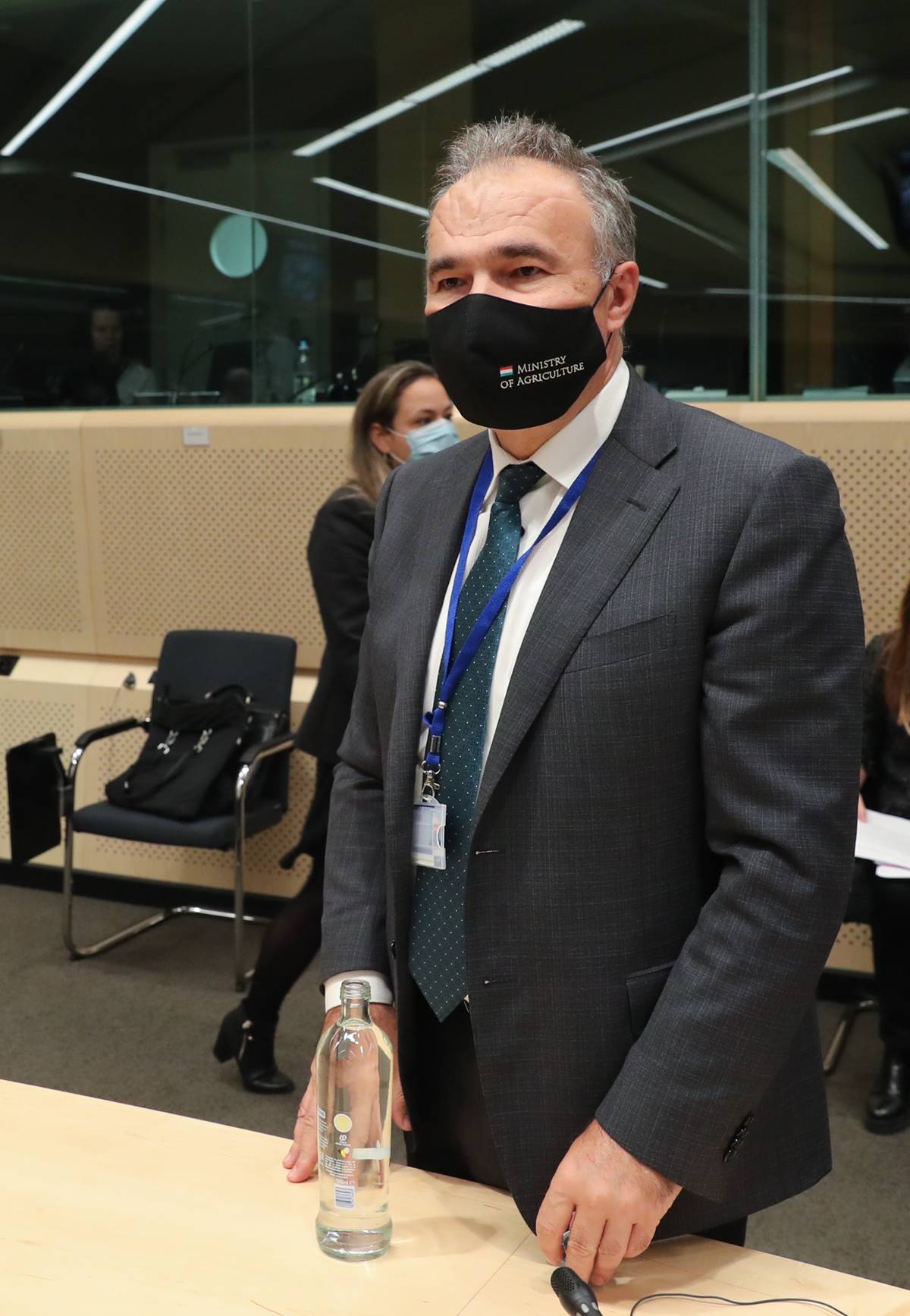The agriculture ministers adopted council conclusions on the new EU Forest Strategy 2030, exchanged views on contingency plan and market situation, the current crisis in the pig sector. Hungary presented the joint declaration of V4 + 3 on the CAP Strategic Plans at the Agriculture and Fisheries Council, held on November 15 in Brussels.
Agriculture ministers adopted council conclusions on the new EU Forest Strategy 2030. Member States welcomed the balanced vision between the pillars of sustainable forest management. They also underlined that national specificities must be taken into account with full respect to the subsidiarity principle. Hungary also supported the adoption of the Council conclusions, Minister István Nagy emphasised that our priority is to preserve the existing forest areas and to increase wooded land. Minister Nagy drew attention to the economic and social aspects of forests, but also stressed the importance of Member States’ competence.

The Commission presented the communication on the contingency plan for food supply and food security. The document published on 12 November acknowledges the overall resilience of the EU food supply chain, identifies existing shortcomings, and puts forward actions to improve preparedness at EU level, in line with the Farm to Fork Strategy.
As regards the critical situation in the pig meat sector, vast majority of Member States – including Hungary – urged again the Commission to propose exceptional market measures to handle the situation. Unfortunately, the Commissioner rejected the Member States call to introduce the requested measures.
Hungary presented the joint declaration on the CAP Strategic Plans, which was signed by the Visegrád Group and Bulgaria, Romania, Croatia on 8th of October in Budapest. The declaration invites the Commission to adopt the secondary legislative acts as soon as possible, highlights that the adoption procedure of the CAP Strategic Plans should be fair, objective and transparent. They also call upon the Commission that the approval decision should be exclusively based on acts, which are legally binding on Member States. Minister István Nagy also highlighted the importance of making sure that the New Delivery Model does not create increased administrative burden. Delegations expressed concerns regarding the tight timeframe and the lack of legal certainty and fully supported that only legally binding requirements can be enforceable on Member States.



